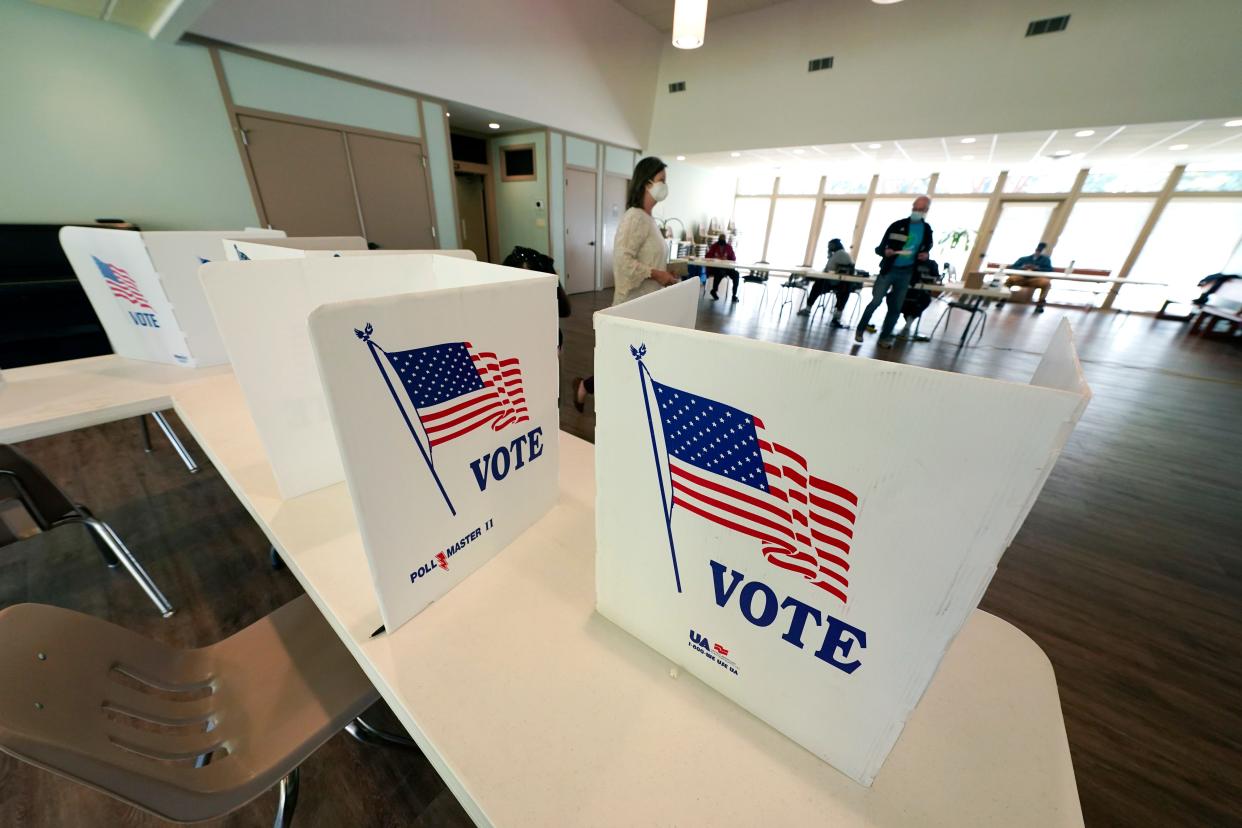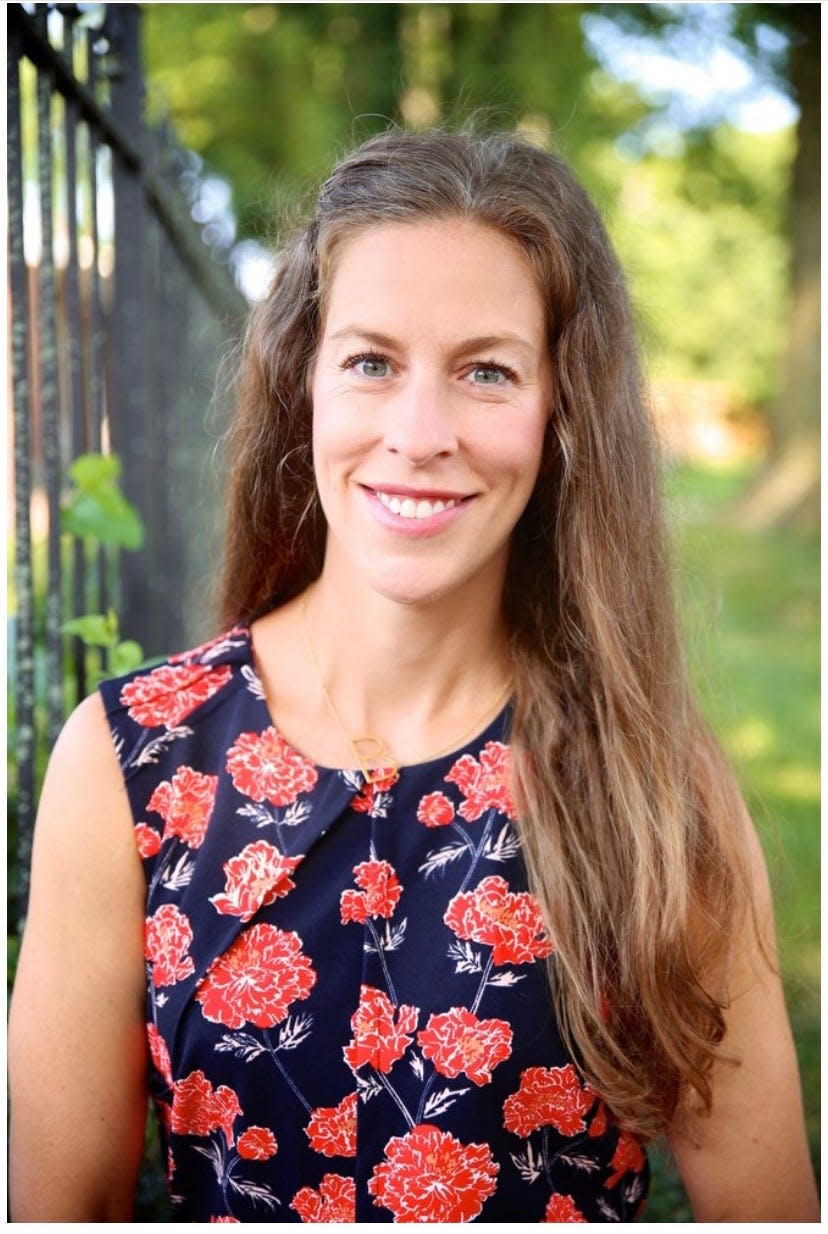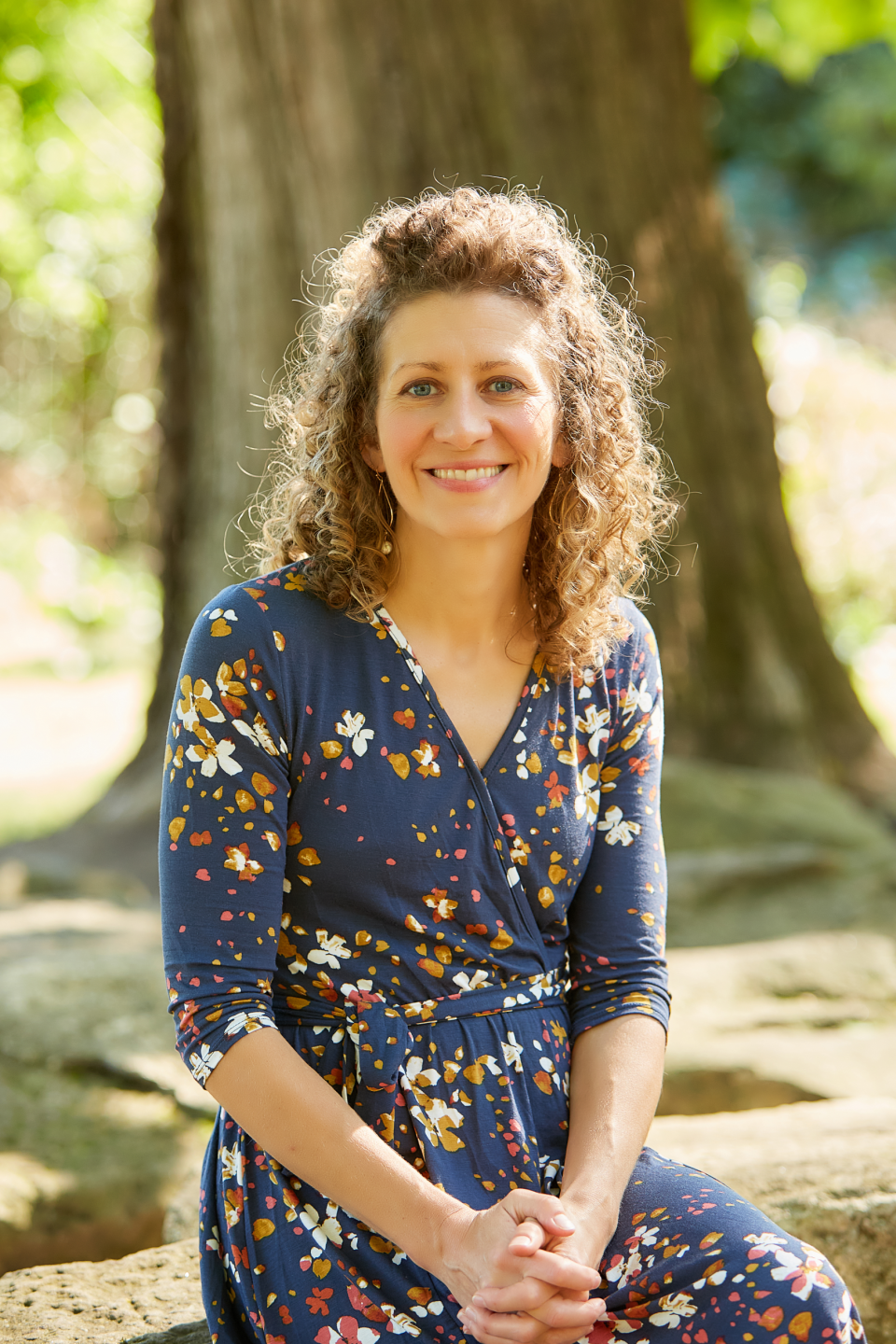Opinion: Democracy depends on people getting involved locally

It’s fashionable to say “all politics is local,” but we all know that local politics is in need of some care and attention.
We are excited to get to work on the people’s business in 2022 after our re-elections, but this year calls us to do some deeper reflection on the state of civic engagement itself.
The election made clear that we have a lot of work to do to mobilize local communities. In Grandview Heights, the community which we represent as at-large council- and school board members (the latter of which includes Marble Cliff), 41% of eligible voters turned out.

Grandview was in the middle of the central Ohio pack with Whitehall (13%), the City of Columbus (18%), Reynoldsburg (24%), Grove City (32%), and Hilliard (36%) falling below, and Worthington (50%) and Upper Arlington (53%) ahead.
The latter two were driven in part by historic and contentious campaigns, including a special election in the 15th congressional district.
More: Franklin County turnout over 23% unofficially; elections board eyes Nov. 19 for certification
This low turnout suggests that while numerous issues of consequence confront us — from systemic racism to academic freedom, from the climate crisis to affordable housing — the deeper question is how we can engage our constituents to meaningfully participate in governance itself.
This question is especially important because low turnout in elections is only one example of the lack of participation in our communities.
It is a common sight for Grandview Heights council and school board meetings to have just one or two residents present, whether to observe or speak.
We elected officials bear some responsibility for this low level of civic engagement. We need to do a better job informing residents, in plain English, about what is happening in our decision-making bodies.

We could take this a step further by educating residents about ways they can participate. Ease of access paired with responsive local government will result in more residents seeing engagement as a productive use of their time.
The pandemic actually taught us some lessons about public participation. Virtual meetings led to opportunities for residents to participate and provide comments from their own homes.
Now that we are back to in-person meetings, hybrid opportunities for participation would give residents flexibility as they manage the many responsibilities of their busy lives.
There are a number of ways community members can make their voices heard. Participation isn’t only voting or even attending a meeting.
Participation starts with talking to your neighbors over a backyard fire about important topics in the community. It can be as easy as sitting down with one of your local representatives over a cup of coffee.
More: Wave of letters from Grandview Heights High School's anti-racism group challenges leaders
Another great way to begin is to connect with existing groups. Participation becomes easier when we are working with others. We were excited to see two local civic groups in Grandview Heights -- Sustainable Grandview and the Grandview Heights Anti-Racism and Inclusion Network -- engaging in our local elections.
By developing and publishing the results of candidate questionnaires, these local groups got candidates on the record and stimulated conversation around the community. No matter where you live, you’ll find that similar groups exist.
Inspiring work is taking place across Ohio, and most of it is happening in local communities on a grassroots level. But this work will only be maximally effective if local leaders are able to capitalize on the talent, intellect, and ideas of their community members. This requires that elected leaders like us explore innovative ideas to make citizen engagement easier. It also means that local residents have to accept the invitation to tell us what is on their minds.
Civic engagement strengthens our democracy and enriches our governance. There is nothing more beautiful, and more of an expression of our democratic values, than a packed board room or council chamber. Just as we know local residents need our support to continue to improve the communities we live in, we need residents to make their voices heard.
Melanie Houston is a Grandview Heights City councilmember who was just re-elected for her second term.
Molly Wassmuth is currently beginning her second term serving on Grandview Heights Board of Education.
This article originally appeared on The Columbus Dispatch: Opinion: Local democracy depends on community members getting involved

